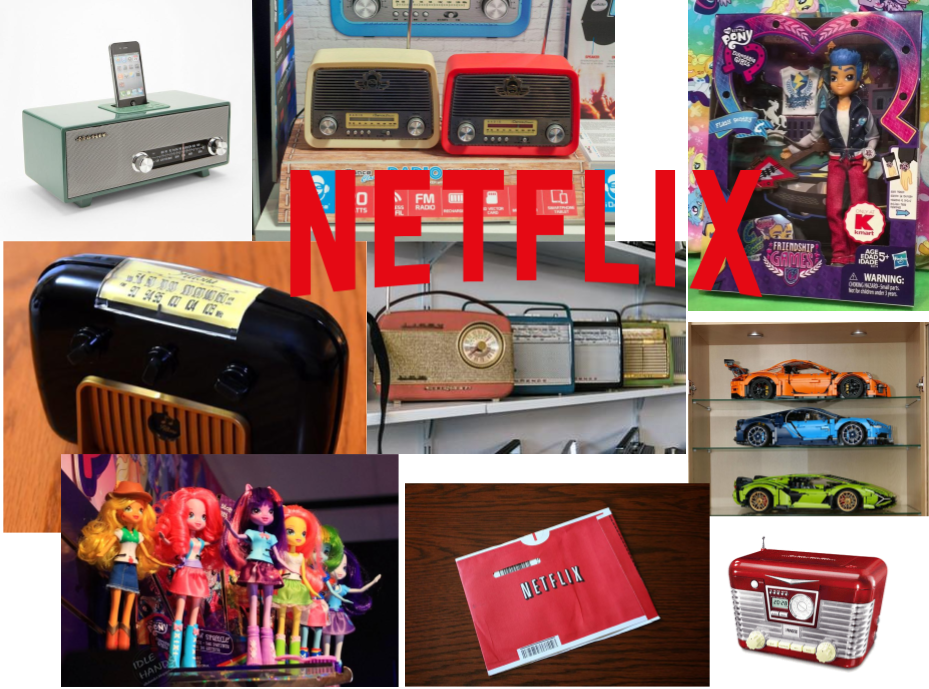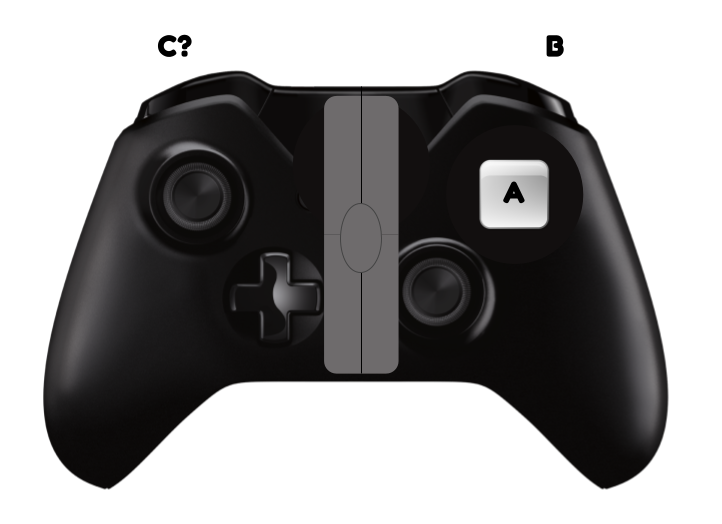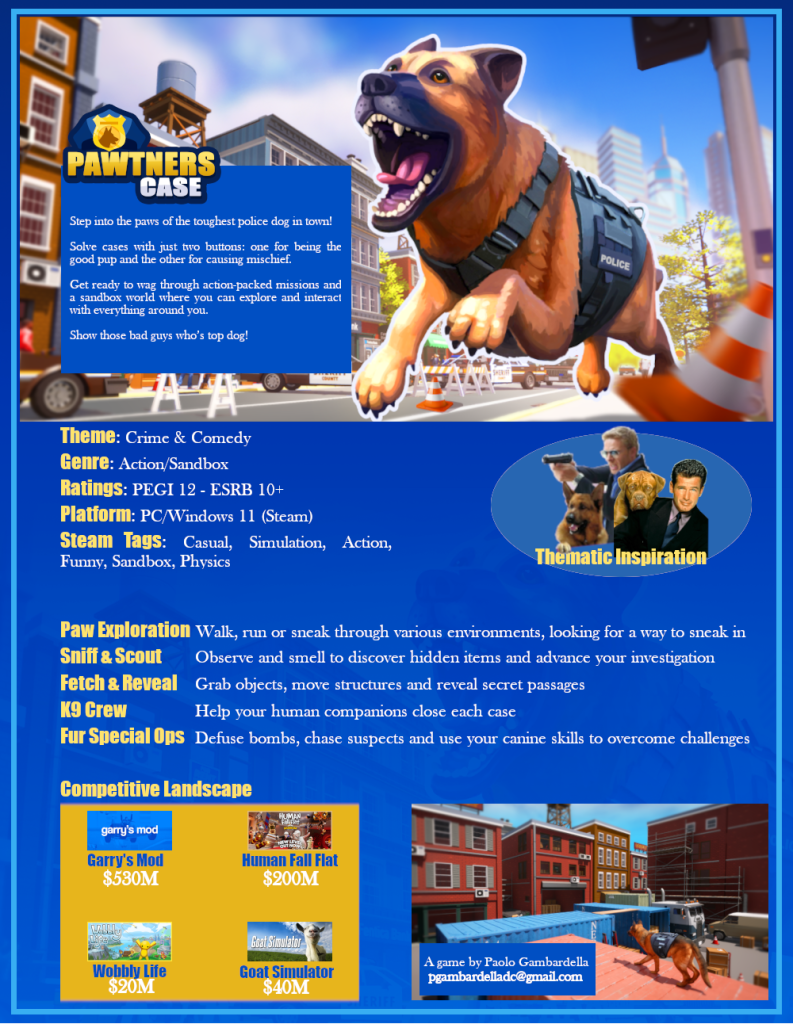For me, game genres are not markets. For example, there is no “merge games market”. There are “merge games” in the “mobile market”.
Every time I see a team created like this:
- someone believes that a genre has formed a market (on the last sad news you can find a lot of “hero shooters”)
- hires talents who already work in that “market”, also if they would enjoy better another kind of game, in some case
- the offer is attractive and the project is new, easy to convince the bored employee
in 3-5-7 years everything gets shut down without results. Surprise, there was no market at all.
When do I see that things work?
- a group of enthusiasts of a genre get together to explore it
- the team (including marketers) engages for real with the players
- concrete and measurable experiments are done to define a vision well
- after years of effort, they publish the game.
In this case, the probability of success increases. Even if the timing is somewhat unpredictable (never seen a success in less than 7-10 years, in mobile f2p).
Games please our entertainment needs uniquely.
- People play Royal Match to relax, brain train, tournaments, curiosity… Not because they want to “play a match-3 game”.
- millions are playing Metaphor: ReFantazio because of the story, map revealing, and challenge with combat… not because it’s a modern JRPG.
The fact that a specific game gets massive doesn’t mean we have a new market around its genre.
This means it has found its audience in the market, which is different!


